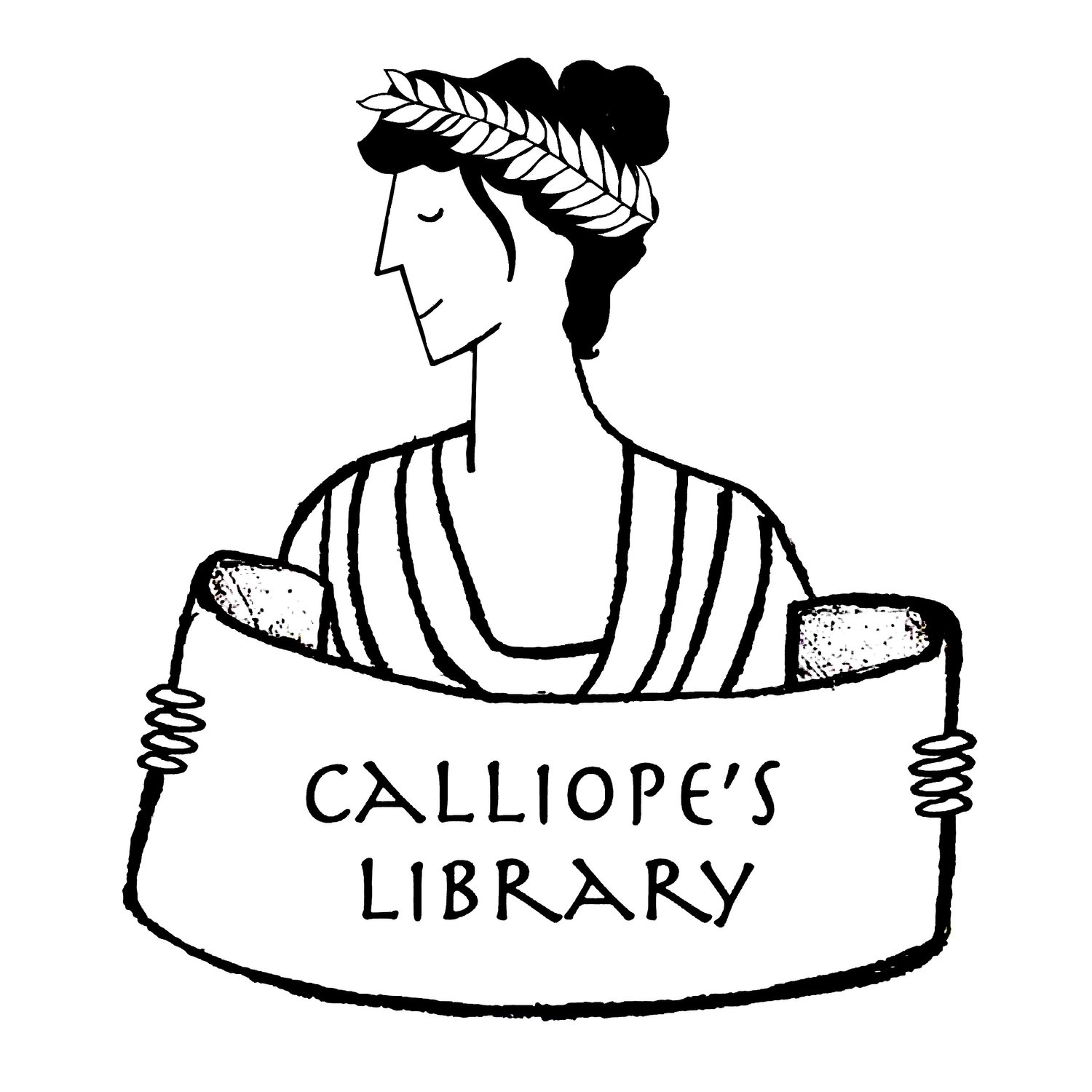Title: The Olympians: Artemis: Wild Goddess of the Hunt (vol. 9)
Author and Illustrator: George O'Connor
Date: 2017
Tags: Young adult, Graphic novel, Mythology, Artemis, Niobe, Acteon, the Aloadae, Orion, Atalanta, The Hunt for the Calydonian Boar, Ancient worlds, Racially/Ethnically diverse, English
Readers interested in a scholarly approach to children’s literature may consult this title on Our Mythical Childhood Survey*
The ninth volume in George O'Connor’s Olympians series focuses on Artemis, one of the most well-developed of the ancient Olympian gods. O’Connor tells numerous myths about Artemis in many different voices: her twin Apollo, her mother Leto, her friends, and even her enemies all weigh in. Ultimately, though, this is Artemis’ story, and it becomes increasingly important throughout the book that she finishes it in her own voice. Artemis is the object of desire in many myths, without ever wanting the attention. She is elusive, and often cruel to those who do not respect her wishes. O’Conner captures the goddess’s decisive, free spirit without ever giving her a pass on her brutal actions. Like the wilderness she represents, O’Connor’s Artemis can be savage.
Not only does this volume interweave many ancient myths together to create a thematic narrative, but it also draws on and responds to popular modern versions of famous myths. For example, Artemis tells Orion the story of Atalanta’s life in a long flashback to ask him to respect her boundaries, while Orion retorts briefly with the myth of the race with the golden apples to assert his right to Artemis’ affection. The later story is often told in picture books as a love story, but the context makes it clear that there is nothing romantic about tricking/forcing a girl to marry you.
O’Connor is adept at making the Olympian gods compelling without hiding their darker aspects. It’s one of the great virtues of this series. Artemis is harsher than the other gods, but the stories that she plays a part in teach important lessons about respect, consent, and consequences.
* For further information on the Our Mythical Childhood Survey, please refer to the website of the project “Our Mythical Childhood” [link: http://omc.obta.al.uw.edu.pl/], led by Prof. Katarzyna Marciniak at the Faculty of “Artes Liberales,” University of Warsaw, Poland, with the participation of Bar Ilan University, University of New England, University of Roehampton, University of Yaoundé 1, and other affiliated scholars, within the funding from the European Research Council (ERC) under the European Union’s Horizon 2020 Research and Innovation Programme (grant agreement No 681202).














